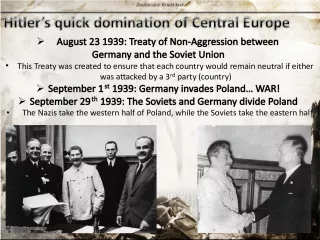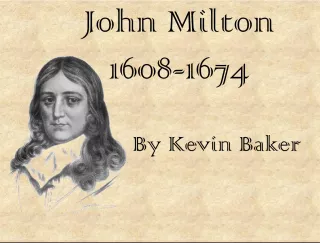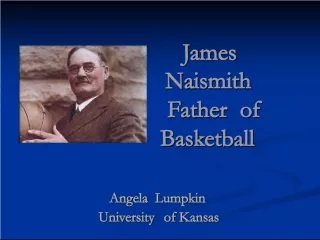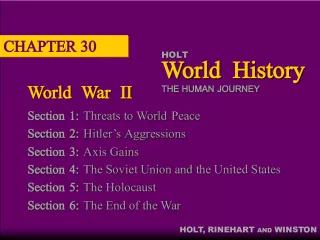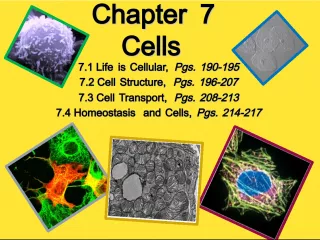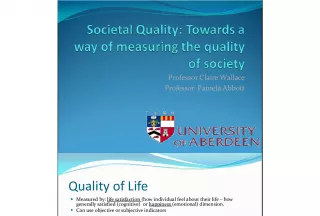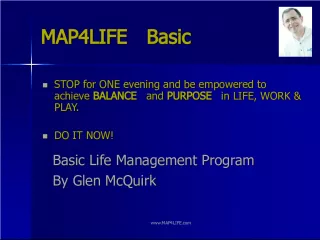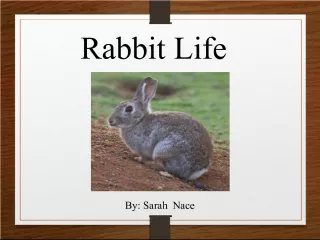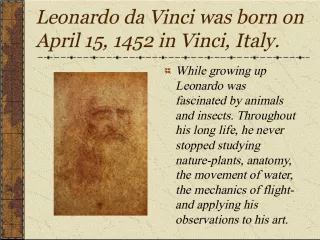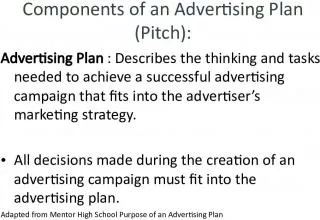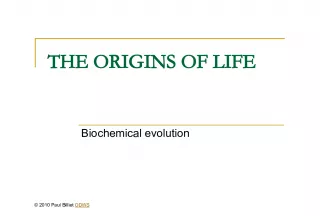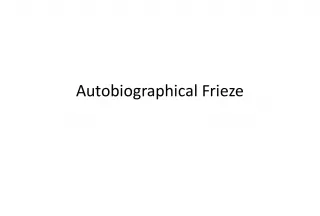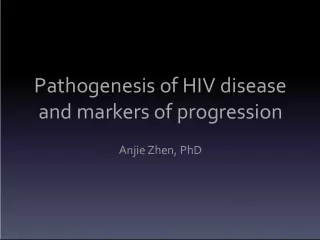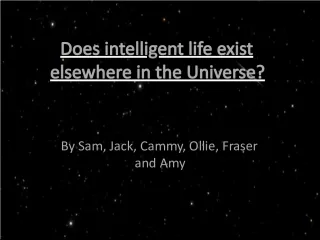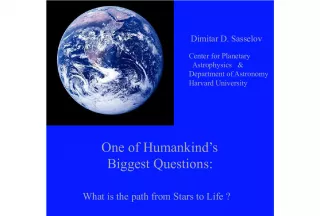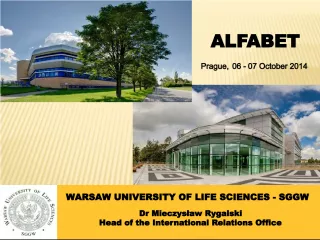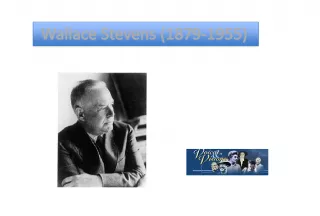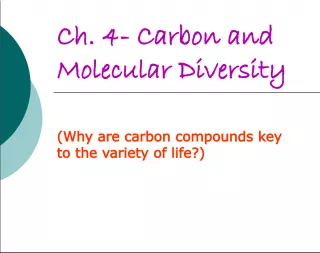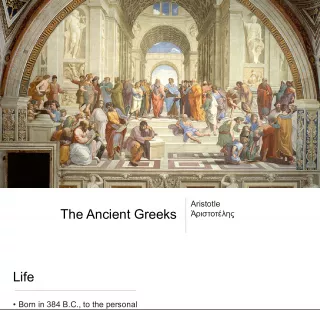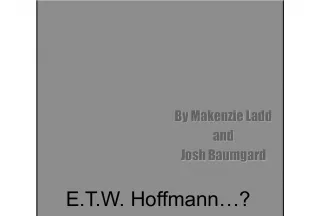The Life and Background of Winston Churchill


Winston Churchill was a prominent British politician who was born to a Tory family in 1874. Despite having an estranged relationship with his father, Churchill was educated at Harrow and the Royal Military College, and idolized his American mother. He suffered from a speech impediment and had multiple unsuccessful attempts at passing entrance tests for the Royal Military College.
- Uploaded on | 3 Views
-
 tayloryoung
tayloryoung
About The Life and Background of Winston Churchill
PowerPoint presentation about 'The Life and Background of Winston Churchill'. This presentation describes the topic on Winston Churchill was a prominent British politician who was born to a Tory family in 1874. Despite having an estranged relationship with his father, Churchill was educated at Harrow and the Royal Military College, and idolized his American mother. He suffered from a speech impediment and had multiple unsuccessful attempts at passing entrance tests for the Royal Military College.. The key topics included in this slideshow are Winston Churchill, British politician, Tory family, Harrow, Royal Military College, speech impediment,. Download this presentation absolutely free.
Presentation Transcript
1. WINSTON CHURCHILL
2. Background Information Born on 30 Nov 1874 Father was a prominent Tory [Conservative Party, Great Britain] politician, Mother was an American Educated at Harrow and the Royal Military College Blenheim Palace
3. Background Information Churchill was closer to his mother and idolised her whereas he had an estranged relationship with his father Sensitive and suffered from a minor speech impediment Failed the entrance tests for Royal Military College thrice before finally passing
4. Background Information Soldier-journalist, went to Cuba and the North-West Frontier in India Penned books of military campaigns, including those he partook in [Reconquest of Sudan/Boer War] Courageous and loved action, escaped from a South African prison
5. First Term as Prime Minister Lost in his first attempt to enter the House of Commons in 1894 but succeeded in 1900 Focus on radical reforms of societal issues Staunch liberal, stressing civil rights and utilising governmental policies to promote social progress
6. First Term as Prime Minister Became Prime Minister after Chamberlain resigned Refused to any peace agreement with Germany Led Britain to success during WW2 Anti-communist Hated Nazism more
7. Despite the success in WW2, Churchill had many opponents. He expressed contempt for several popular ideas , eg creating a system of national public health care; improving public education. Working class felt that the Conservative Party had failed them in pre-war days. Defeated in 1945 general elections by Clement Attlee and the Labour Party. Defeat
8. After his defeat, he devoted himself to painting and writing. By spring 1946 Churchill was once again involved in politics. Spoke out against the threat of communism in his famous "Iron Curtain Speech" in Missouri. Spelled out his vision for a United States of Europe at Zurich University. In February 1949, he spoke of the need for a European Court of Human Rights. Defeat
9. Churchill was once again elected Prime Minister in the 1951 general election. During his second term as PM, there is a continued decline of British military and imperial prestige. His domestic priorities were overshadowed by a series of foreign policy crises. Second Term As Prime Minister
10. Churchill devoted much of his time in office to international relations President Eisenhower elected in 1952 Churchill made haste in arranging a meeting in hopes of establishing a stronger relationship with US. Eisenhower was rather aggressive and confrontational, did not get on well with him Made four official visits to America during his second term as PM. Second Term As Prime Minister (Anglo-American relations)
11. Stalin died in 1953 Churchill tried to establish better relations with the Soviet Union The death of Stalin meant that the Soviet Union would be under better leadership than before Seized the opportunity to establish better British- Soviet relations. Second Term As Prime Minister (British-Soviet relations)
12. In Malaya, a rebellion against British rule had been in progress since 1948. Churchill chose to use direct military action against those in rebellion. Over 40,000 British troops were stationed in Malaya. As the rebellion was slowly being defeated, it was equally clear that Britains colonial rule was no longer plausible. Malaya became independent in 1957. Second Term As Prime Minister (The Malayan Emergency)
13. In 1951, Kenya African Union demanded greater representation and land reform. When these demands were rejected, Mau Mau Rebellion was launched in 1952. British troops flown to Kenya to deal with rebellion. As both sides increased the ferocity of their attacks, a full-scale civil war broke out. Churchill appointed General Sir George Erskine, who implemented Operation Anvil in 1954 that defeated the rebellion in the city of Nairobi. Second Term As Prime Minister (Mau Mau Rebellion)
14. In summer 1949, Churchill suffered a mild stroke while on holiday in the south of France. In June 1953, when he was 78, he suffered a more severe stroke after meeting the Italian PM. Churchill was beginning to show signs of aging. Refused to wear his hearing aid in meetings, conversations had to be done at a screaming volume. Later Life
15. Churchill retired as Prime Minister in 1955 because he was slowing down both physically and mentally. On 15 January 1965, Churchill suffered from a severe stroke that left him gravely ill. He died at his home nine days later, at age 90, on the morning of 24 January 1965. A state funeral service was held at St Paul's Cathedral. The Queen attended the funeral. He was buried in the family plot at St Martin's Church, Bladon, not far from Blenheim Palace. Retirement and Death
16. Traits Foresaw the threat of Hitler Visionary Gallipoli Campaign Decisive "Success is going from failure to failure without loss of enthusiasm." Passionate
17. Traits A pessimist sees the difficulty in every opportunity; an optimist sees the opportunity in every difficulty. Positive Stuck to his agenda Not affected by what others think Task- Oriented Resilient Did not give up although he has lost the elections in 1945
18. Analysis of Leadership Leadership Good Leader Integrity Passionate Empathy Great Leader Charismatic Inspiring Visionary
19. Analysis of Leadership Is Churchill a good or great leader? Great and good are seldom the same man.
20. Analysis of Leadership
21. http://www.winstonchurchill.or g/ http://www.spartacus.schoolnet.co.uk/PRchurchill.htm http://nobelprize.org/nobel_prizes/literature/laureates/1953/churchill- bio.html http://www.bbc.co.uk/history/people/winston_churchill http://famous- relationships.topsynergy.com/Winston_Churchill/Characteristics.asp References
22. Foo Tze Han Yu Sheng Jie Joshua Lim 3B1
